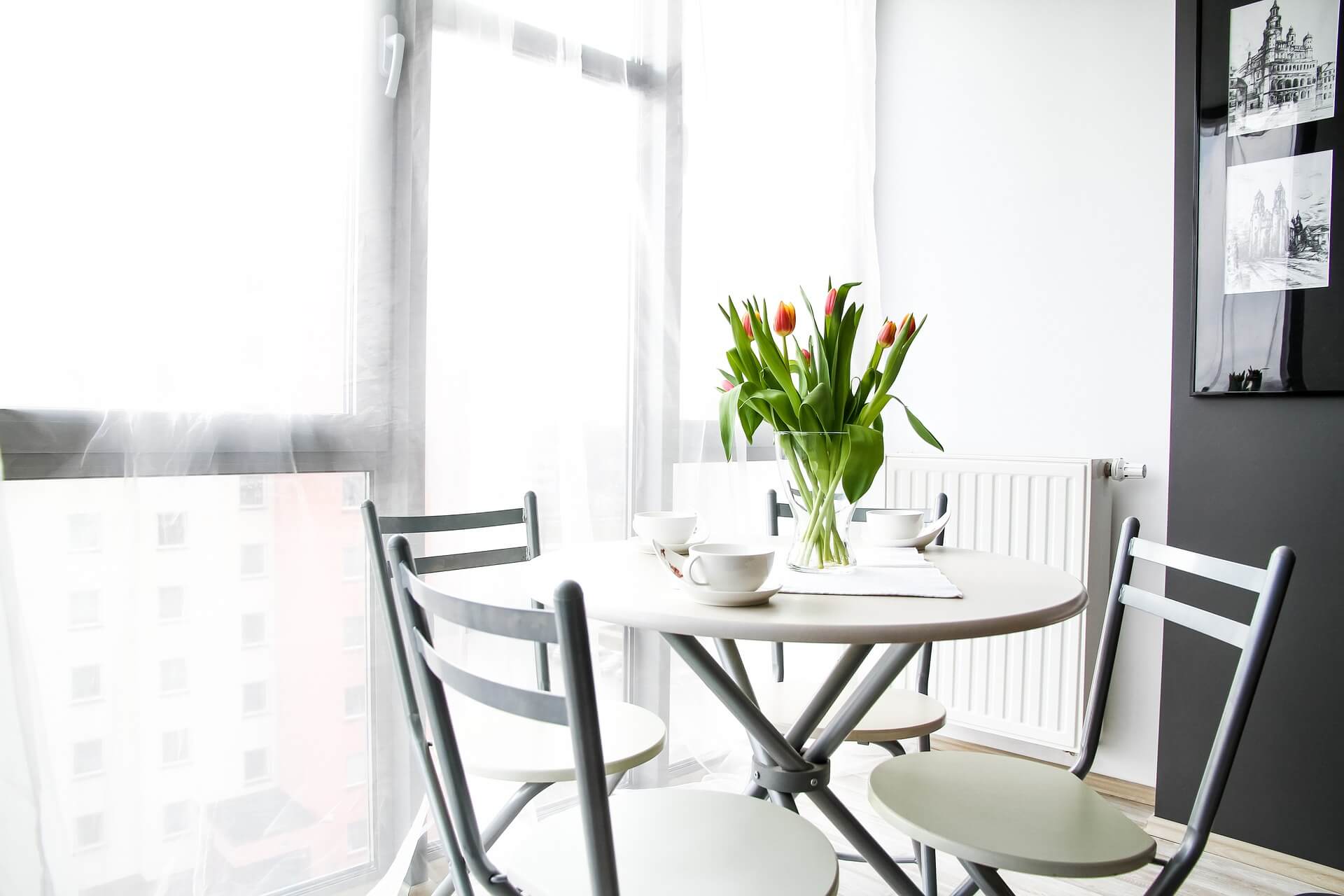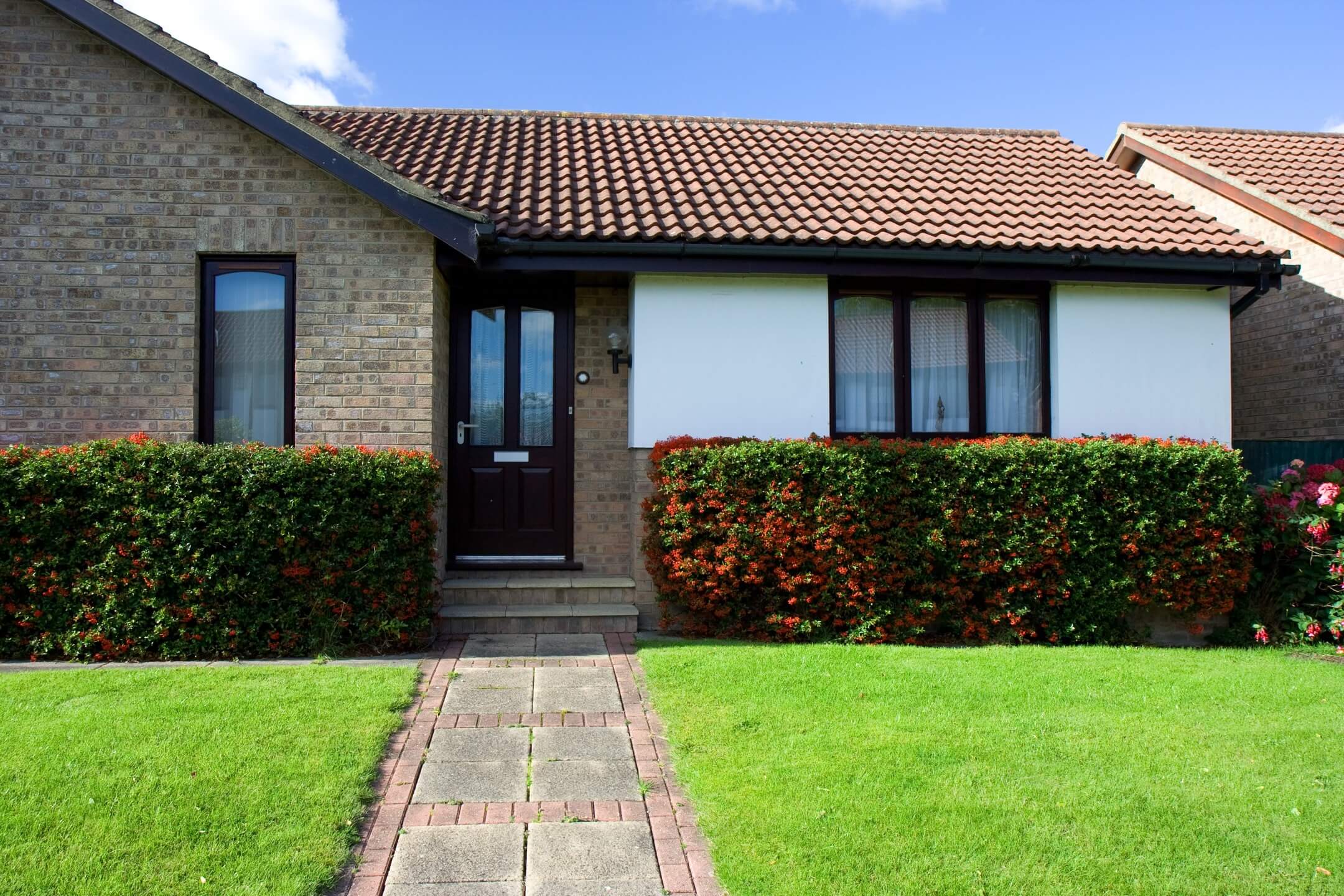Standing desks are all the hype right now. They promise people they can sit down for hours without having to move, even though science tells us that sitting is dangerous for you.
As Peter Novak of Leap Homeward put it: “It is hard to change the habit, so we keep buying more and more things to make us whole.” These desks and chairs purport that you will maintain a correct posture and freedom of movement with minimal support. They supposedly allow similar postures to those you’d have if you were constantly moving.

“It’s not the standing desk that makes all the difference, it’s our behavior,” said Certified Manual Physical Therapist Robin Hamilton of wellnesswires.com. The truth is that a standing desk isn’t the same as moving. Walking is essential for a healthy life and you’re not walking when you’re sitting. Even if it’s standing-sitting.
So what can you do?
Should you get a standing desk to keep your body in a neutral position? And how can you incorporate more movement in your daily life? Read along to find out.
How It All Started
Cut back to 2011 at the beginning of the last decade. A famous endocrinologist called James Levine started discussing all the dangerous effects associated with prolonged sitting, such as increased blood pressure and cholesterol, along with atrophied muscles. All of these affect your immune system, your hormones, and overall health.
Counterintuitively, the hype around sitting proved heavenly manna for furniture manufacturers and designers around the world.
Now you could have standing desks that increase productivity! No more walking to the water cooler or losing time taking the stairs. Sitting is only bad if you’re doing it wrong, they said.

Why Not All Standing Is Good
The evolutionary case against sitting is that our ancestors rarely did it. They were usually up on their feet hunting or gathering, protecting their young and building stuff. They squatted in the woods for prey or climbed trees for better views. I don’t even know if they sat down for their meals.
But that doesn’t make standing desk chairs better than regular desks because they have you standing in the same place, not moving around.
Some studies suggest that standing for a lot of time poses its own dangers, such as:
- Double the risk to get cardiovascular problems, the same as in the case of smokers or obese people
- Chronic back pain caused by damaged muscles and bones in your legs
Although the original study didn’t focus on standing desks per se, I’d say these desks are very similar to pure standing because they offer minimal support. This controversial point sparked a lot of debate because there aren’t any long-term studies on standing desks. Yet.
Are You Really Standing At Your Standing Desk?
But let’s say, for the sake of argument, that a standing desk is better than a sitting one. At least there are plenty of studies to show that sitting is dangerous.
The question now is, how are people using standing desks? Do they keep the proper posture they’re advised?
I bought standing desks for my employees a while back and guess what. They’re still crunching over their keyboards or asking for tall office chairs that look like exactly like the old models. It took a lot of reading and training to help them understand why it’s important to stand correctly.

What Can You Do?
Standing is better than sitting, but nothing compares to moving.
That’s where the problem lies, that you need to move an average of three hours per day, including during your workday. And that means a 180ᵒ shift in your mentality and lifestyle.
The second issue is convincing your boss that you need to move around the office. Going to the gym before or after work helps, but it doesn’t solve the problem.
Sitting for long hours still makes you sedentary, which in turn affects your immune system, heart health, and productivity. Working long hours can also take a toll on your mental health. Check out this article, https://www.regain.us/advice/general/betterhelp-is-it-the-best-online-therapy-and-counseling-platform-in-2020-and-why/, for online therapy options to explore to support your mental health.
How can you incorporate more movement into your daily routine? Forget your old life to become a nomad or live off the land. Just kidding, though I still dream of a time when I’ll sell my condo and buy a secluded cabin in the Canadian Rockies.

No. Here are a few tricks I used to ease me into the new lifestyle:
- I started using the farthest bathroom from my office.
- I popped into my coworkers’ offices instead of texting them stuff.
- I started using a printer downstairs instead of the one in my office.
- I looked online for exercises I could do at my desk, including arm circles or leg lifts. There are plenty of free workouts, but you can “steal” a few movements for now and then instead of doing the full routine.
- I installed an app that reminds me when to get up and move. The step count works great too.
- I started walking around my office each time I talk on the phone.
- I began exercising during my lunch break. Some mild stretching, Pilates, wall-sits, or push-ups – whatever I’m in the mood.
In Conclusion
Hopefully, this article helped you shed some light on your decision to buy a standing desk. I still think it’s a better decision than a regular desk if you use it properly and keep active during your day.
Don’t neglect the health benefits of walking and remember that even the best model is no good if you don’t put in the hard work. Just follow my tips above and you’ll see dramatic improvements!







